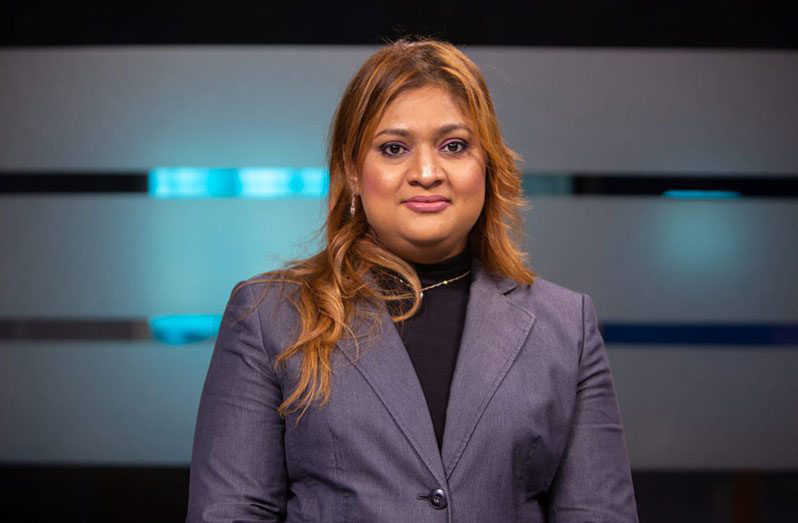-first four grades to be targeted
WITH long-standing calls for curriculum revision in Guyana’s education system, new curriculum guides that focus more on practical learning as opposed to learners simply memorising theories to pass examinations is expected to be rolled out at the beginning of the 2022 school year.
The initial targets will be at least the first four grades of the primary level, according to Minister of Education Priya Manickchand.
“Hopefully by September 2022, we are going to be able to roll it out at least at four grade levels in the primary school. Grades One, Two, Three, and Four will have entirely new curriculum which focuses more on a practical understanding of concepts rather than a regurgitation of facts,” she said.
Minister Manickchand noted that many of the changes have been largely driven by the learning loss due to school closures brought on by the COVID-19 pandemic. The Ministry of Education (MoE) over this past year has had to find ways to revise the curriculum to better fit the extenuating circumstances. In August, the ministry had announced the implementation of consolidated curriculums, as schools reopened to physical learning in September.
“Out of this difficult COVID period we have seen opportunities. The biggest thing we have embarked on which is reflected here is a review of this country’s curriculum,” she said.
She added: “That’s not to say our work will be watered down, that’s to say it will be more relevant. The concentration of notes, and notes and notes without the involvement and usage of any kind of, or space for any kind of experiment, and practical touches and feels is not where we need to be.”
She pointed out that making the curriculums more practical also involves making them more adaptable and flexible to the different social and cultural environments across Guyana, particularly as it pertains to the specific cultures of hinterland and learners with disabilities.
She also pointed out the need for teachers to be properly trained to deliver education to learners under varying dynamics.
“The world speaks of inclusion and accessibility. Here inclusion has to be how do we reform to deliver education that is culturally relevant to those places, so that we don’t import what we are doing in central Georgetown in the Deep South. How do we train teachers to respond to their children’s needs in those local settings, even with a disabled child who doesn’t have physical disabilities alone?” she added.
She noted that better education, particularly at the lower level, is critical to the overall development of Guyana’s economy.
“So that we see better outcomes; so that we could develop more capable children as end products in the secondary sector; so that the human capital of this country is developed, so that we can run our own show. So that we have the resources here that can take this country to the next level, but that requires from nursery all the way through [to] tertiary. It is not and cannot be a one-level show.




.png)









